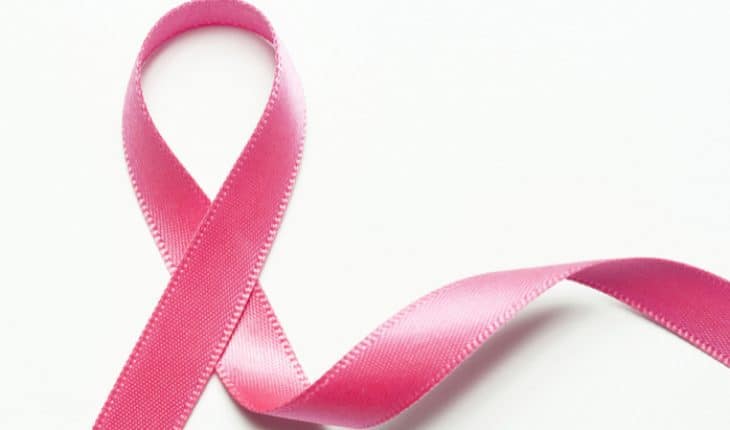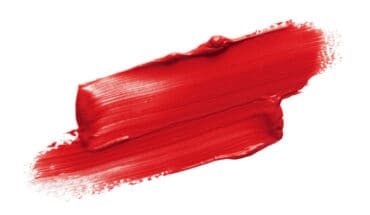Got a few minutes? Why not check your breasts?
If a few minutes every month could give you a few more years in the future, would you spare the time?
That’s what we’re asking this Breast Cancer Awareness Month, as we encourage women across the UK to take control of their health, and spend a few minutes checking their breasts regularly. And with today being Breast Health Day, what better time to start?
Although checking your breasts is the most common way for breast cancer to be detected, less than half of all women do it as part of their regular routine.
Here, we answer some of the most common questions women have about checking their breasts.
Why should I check?
Breast cancer is the most common cancer in the UK, with one in eight women developing the disease in their lifetime. More women are surviving breast cancer than ever before, but it is still taking lives on a heart-breaking scale, with 1,000 women losing their lives to the disease each month in the UK.
The earlier breast cancer is diagnosed, the more likely it can be treated successfully. That’s why it’s important to check your breasts and go to your doctor if you spot anything unusual – you won’t be wasting their time, even if it turns out to be nothing.
How should I check my breasts?
There’s no special technique to checking your breasts – everyone does it differently. It’s about getting to know what looks and feels normal for you, so that you can spot if anything changes. After all, nobody knows your body like you do.
What shall I look for?
Breast cancer can often present itself in different ways, so it’s important to know what to look out for. Some changes to look and feel for include:
- a lump or lumpy area in your armpit, upper chest or breast – you might be able to feel a lump, but not see it.
- skin texture – this might be puckering or dimpling to the skin of the breast
- change in nipples – one nipple might become inverted (turned in) when it normally points outwards
- any unusual discharge from one or both nipples
- rash or crusting of the nipple or surrounding area
- the colour of your breast – it may look red or inflamed
- the size or shape of your breast – e.g. one breast might become larger than the other
How often should I check?
Checking only takes a few minutes every month or so, and you can do it as part of your regular routine, like in the shower, while you’re waiting for the kettle to boil or when you set your morning alarm. You don’t need to check on the same day each time – it’s important to get to know your breasts at different times of the month. It doesn’t matter where or how you do it, just that you check regularly and report anything unusual to your GP.
When should I start checking?
As you get older, your risk of breast cancer increases, but breast cancer can occur in younger women too. It’s important to get into a routine of checking your breasts regularly, and to continue to do so throughout your life.
What is Breast Cancer Now doing?
At Breast Cancer Now, we believe that by 2050, everyone who develops breast cancer will live, and live well. By funding world-class research, campaigning for access to life-changing drugs, and encouraging women to be breast aware, we can make this possible.
Diagnosing breast cancer at early, more treatable stages is essential to improving treatment and survival outcomes for the 55,000 women who are told ‘it’s breast cancer’ every year in the UK.
We need women across the country to take action and start checking regularly, so that if something does change, it’s picked up as early on as possible. By getting in the habit of checking regularly and can make sure that every woman who gets breast cancer has an early diagnosis – and a better chance of survival.
So, act now. Check your breasts regularly.
https://breastcancernow.org/timetocheck
- Why not check your breasts? - 15th October 2018
- Setting the record straight on breast cancer risk - 19th October 2017






